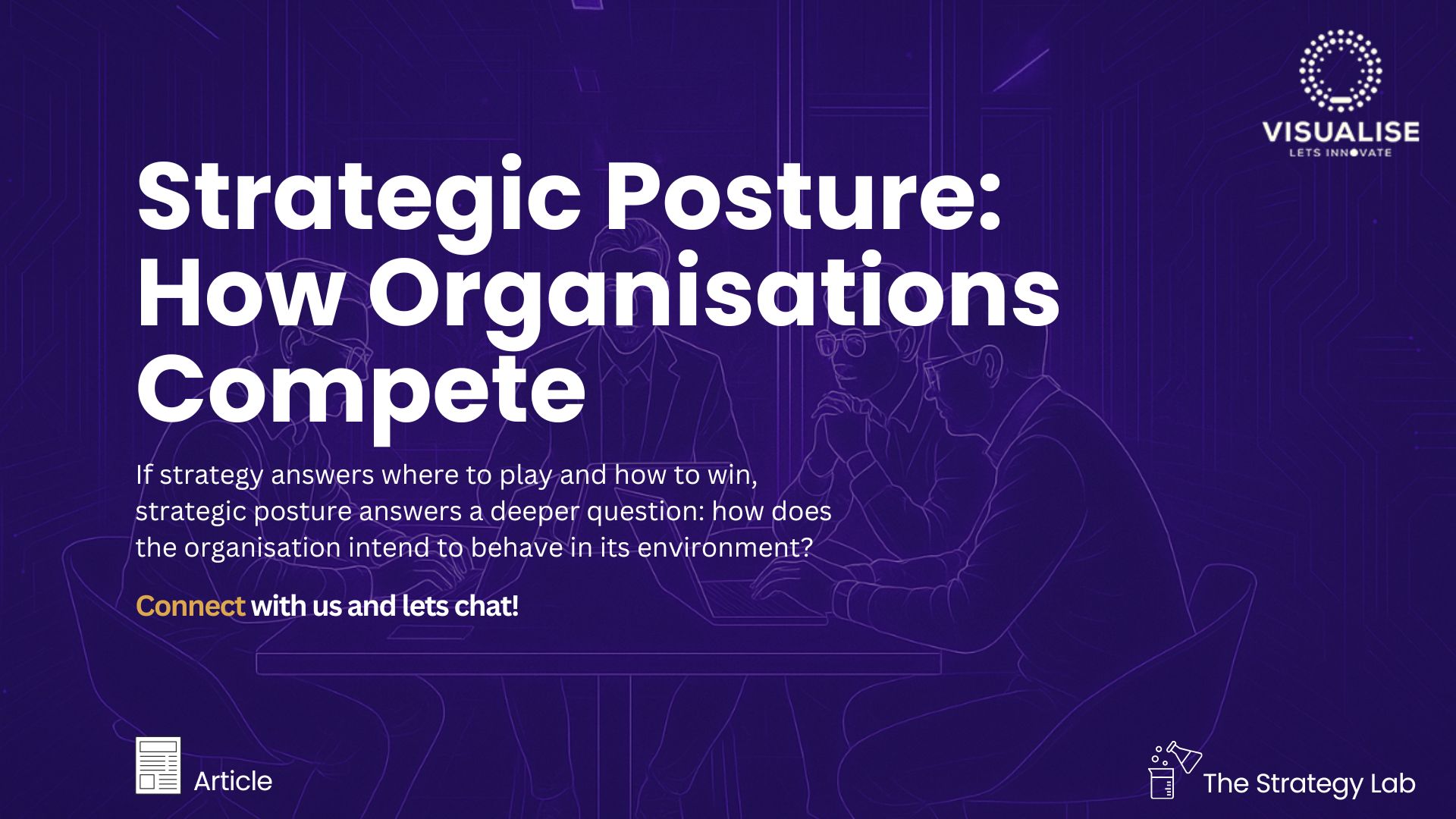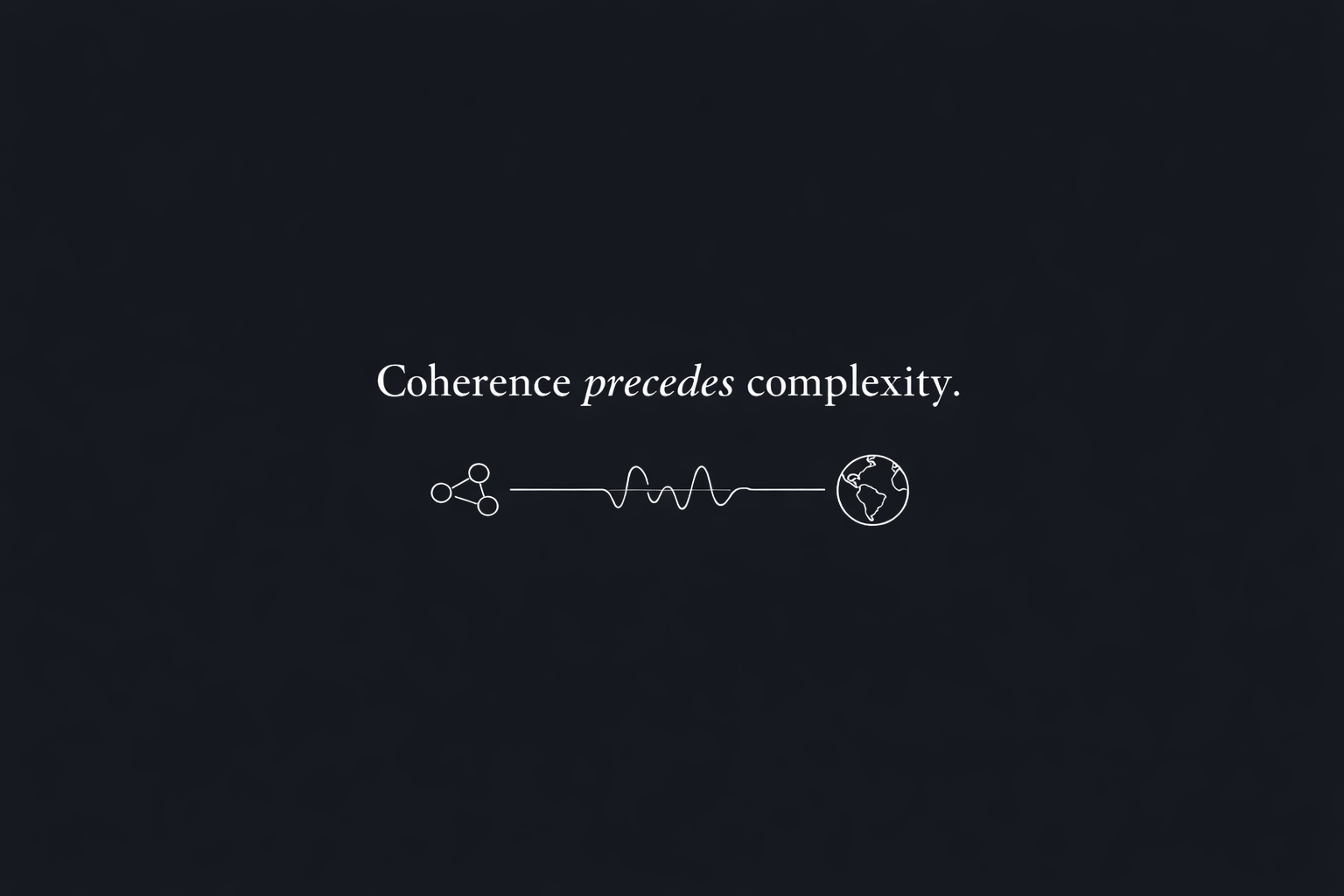Nov15

1985. Anglo-Irish Agreement signed by British Prime Minister and Irish Taoiseach.
Happy Friday!
On this day, November 15, 1985, the Anglo-Irish Agreement was signed at Hillsborough Castle in Northern Ireland by British Prime Minister Margaret Thatcher and Irish Taoiseach Garret FitzGerald. This landmark accord marked a significant step in the complex and often contentious relationship between the United Kingdom and Ireland, particularly concerning the governance and future of Northern Ireland. The agreement emerged from decades of strife in Northern Ireland, where British and Irish identities were in conflict, ‘The Troubles’ (late 1960s to 1990s). This period was characterised by extreme violence, unrest, and deep-rooted divisions between the predominantly Protestant unionist and largely Catholic nationalist communities. Nationalists sought a united Ireland, while unionists desired Northern Ireland to remain part of the United Kingdom. By the early 1980s, it became evident that a new approach was necessary to bring some semblance of peace and cooperation. The extensive negotiations leading to the Anglo-Irish Agreement were complex and fraught with challenges, as both leaders faced immense domestic political pressure and resistance from hardliners within their respective constituencies. The agreement established two key principles: it granted the Irish government a consultative role in Northern Ireland’s governance while simultaneously upholding Northern Ireland’s status as part of the United Kingdom unless a majority of its people chose otherwise. This delicate balance demonstrated both nations’ commitment to seeking peace and respecting the democratic will of Northern Ireland’s population. The agreement faced strong opposition, particularly from unionist politicians and communities, who viewed it as an infringement upon Northern Ireland’s sovereignty. Unionists organised protests and voiced concerns about the lack of consultation, expressing fears about the erosion of their British identity. Meanwhile, many nationalists considered the agreement insufficient in addressing their aspirations for a united Ireland. Despite these tensions, the Anglo-Irish Agreement set an essential precedent for cross-border cooperation and dialogue, ultimately paving the way for the more comprehensive Good Friday Agreement in 1998, which would bring about an era of relative peace and political stability in the region.
Change Leadership Lessons: The Anglo-Irish Agreement serves as a compelling case study in change leadership, illustrating how Thatcher and FitzGerald navigated the complexity of conflicting interests and historical grievances to achieve a breakthrough. Leaders of change understand the importance of inclusivity in change efforts and collaboration across divisions to unite diverse voices. They acknowledge the broader stakeholder needs and their varied perspectives that must be considered within the change process. Change leaders have a vision that allows them to balance resistance with progress, maintaining a patient focus on their long-term goals. They have the courage to make bold, incremental progress recognising that transformative change often unfolds over time. Leaders of change demonstrate the courage to make the necessary decisions to drive greater progress and facilitate the evolution of society or their organisations. Change Leaders Balance Vision and Diplomacy.
“Change leaders succeed by uniting diverse voices, balancing vision with diplomatic patience, and having the courage to make bold, necessary decisions”
Application - Avoiding the Charade of Change: The Anglo-Irish Agreement’s legacy offers profound insights for today's organisational change initiatives. Moving beyond surface-level diplomacy, modern transformation demands authentic leadership that transcends superficial change. In our digital age, organisations must avoid the charade of implementing new technologies or processes without genuine stakeholder engagement and clear strategic purpose. Success in establishing new frameworks for cooperation mirrors the need for organisations to create robust foundations for sustainable change. Effective and proactive change leaders must foster environments where diverse perspectives are valued, resistance is addressed constructively, and transformation is driven by shared vision rather than imposed mandate. This approach requires balancing innovation with human-centric considerations, reflecting the delicate equilibrium between political imperatives and community needs that marked this historic milestone.
Final Thoughts: For modern change leaders, the lessons from this historic accord emphasise the necessity of uniting diverse perspectives, maintaining a clear vision, and navigating resistance with patience and determination. By embodying these principles, leaders can create environments conducive to sustainable transformation, ensuring that organisational changes are purposeful, inclusive, and impactful.
The Anglo-Irish Agreement reminds us that meaningful change requires both visionary leadership and diplomatic finesse. Today’s change leaders face similar challenges in balancing bold transformation with stakeholder engagement.
Further Reading: Change Management Charade® - Leadership of Change® Volume 8
Have a fantastic weekend with the ones you love and care for, enjoy some fresh air, exercise, eat, drink, and be happy.
Peter F. Gallagher consults, speaks, and writes on Leadership of Change®. He works exclusively with boards, CEOs, and senior leadership teams to prepare and align them to effectively and proactively lead their organisations through change and transformation.
For insights on navigating organisational change, feel free to reach out at Peter.gallagher@a2B.consulting.
For further reading please visit our websites: https://www.a2b.consulting https://www.peterfgallagher.com Amazon.com: Peter F Gallagher: Books, Biography, Blog, Audiobooks, Kindle
Leadership of Change® Body of Knowledge Volumes: Change Management Body of Knowledge (CMBoK) Books: Volumes 1, 2, 3, 4, 5, 6, 7, A, B, & C available on both Amazon and Google Play:
~ Leadership of Change® Volume 1 - Change Management Fables
~ Leadership of Change® Volume 2 - Change Management Pocket Guide
~ Leadership of Change® Volume 3 - Change Management Handbook
~ Leadership of Change® Volume 4 - Change Management Leadership
~ Leadership of Change® Volume 5 - Change Management Adoption
~ Leadership of Change® Volume 6 - Change Management Behaviour
~ Leadership of Change® Volume 7 - Change Management Sponsorship
~ Leadership of Change® Volume 8 - Change Management Charade
~ Leadership of Change® Volume A - Change Management Gamification - Leadership
~ Leadership of Change® Volume B - Change Management Gamification - Adoption
#LeadershipofChange #Leadership #ChangeLeadership #GlobalGurus #ChangeManagement
Keywords: Business Strategy, Change Management, Leadership
 HR Is Designed to Maintain. Succession Planning Demands It Transform.
HR Is Designed to Maintain. Succession Planning Demands It Transform. AI and Embedded Connectivity: A New Era of Smart Devices
AI and Embedded Connectivity: A New Era of Smart Devices Strategic Posture: How Organisations Compete
Strategic Posture: How Organisations Compete Coherence Before Complexity
Coherence Before Complexity The Corix Partners Friday Reading List - February 20, 2026
The Corix Partners Friday Reading List - February 20, 2026